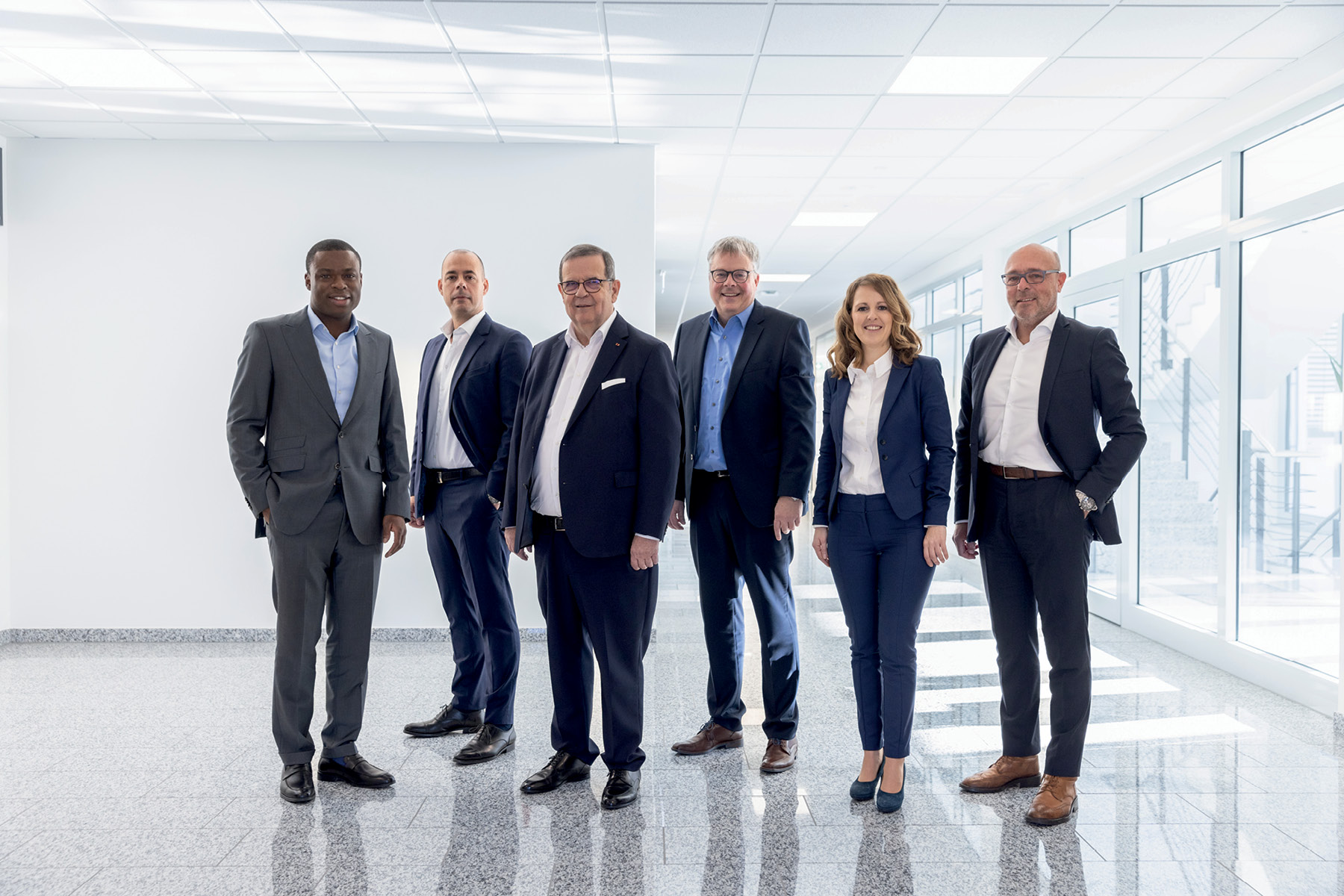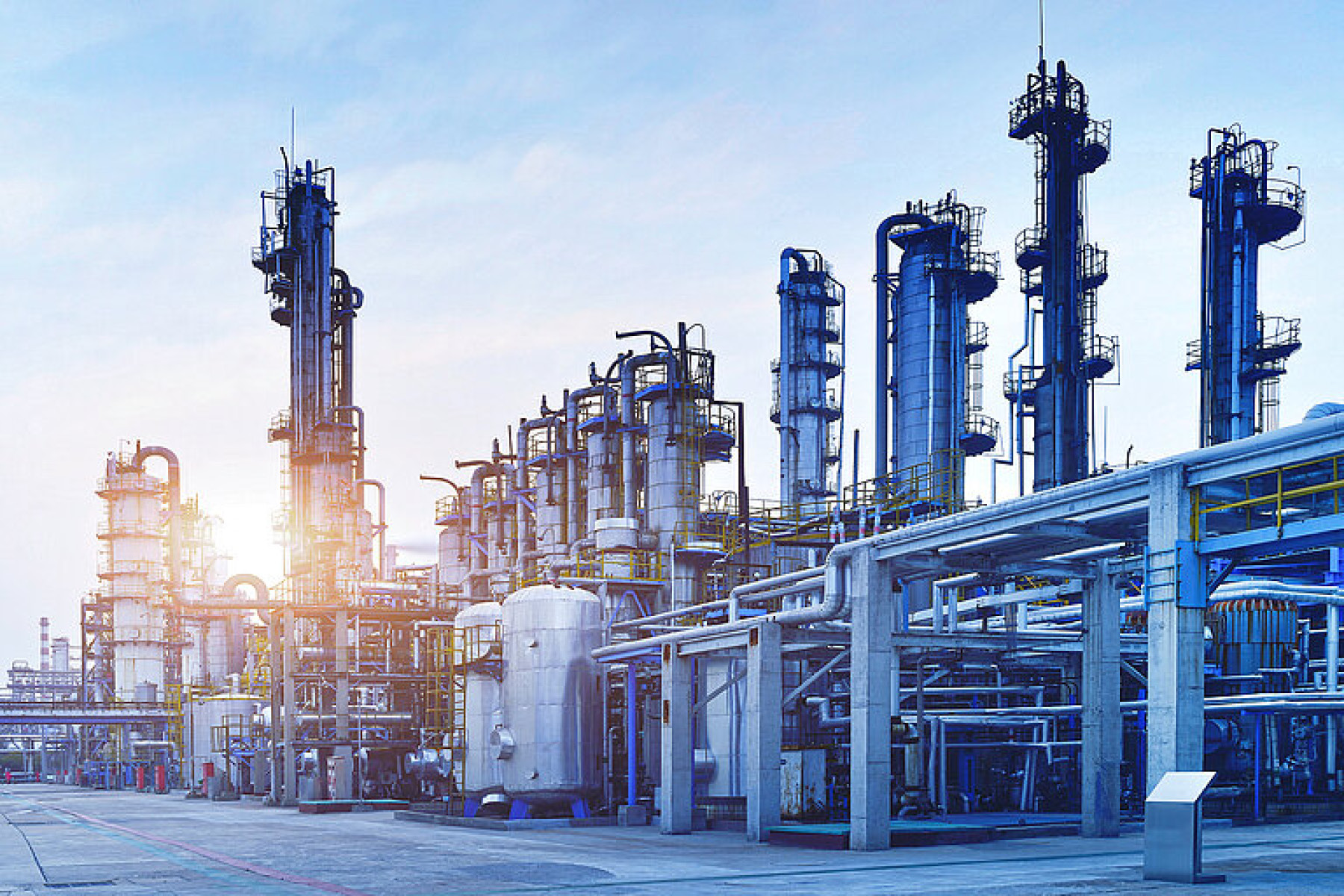At Home in the World: Bruno Reufels
An unflinching commitment to investment and innovation in cable management products and systems has Niedax on the cusp of becoming a billion-dollar business, explains CEO Bruno Reufels.
Even though Niedax has worked on some of the biggest infrastructure projects in the world, from France’s national rail network to the South Caucasus Pipeline and Deep Dive Dubai, chances are you haven’t heard of the name Niedax.
But that hasn’t stopped the German global cable management product and system supplier from rising to become one of the leading companies in its space: the provision of products that guide electrical cables along surfaces such as ceilings, walls and floors.
A client list that reads like the who’s who of public and private industry – BMW, SNCF, Qatargas to name a few – reflects just how successful CEO Bruno Reufels’ leadership strategy has been since he was elected to the executive board in 1995 and took the reins of the company.
The Champions' League
Founded in Berlin in 1920 to manufacture attachment and installation material for the emerging electrical industry, Niedax has grown into a well-established name in the domestic market. Yet when Reufels took on his executive position, the company was mostly unknown outside its home country.
"I saw a business which, at that point in time, was very innovative and with significant production capabilities," Reufels, who has been with Niedax since 1979, explains. "I believed there was a significant opportunity to become a large player in overseas markets."

"I believed there was a significant opportunity to become a large player in overseas markets."
Determined to see the family-owned business rank among the best of the best (or join the ‘Champions’ League’ as he describes it), he embarked on a multifaceted growth push, starting with the opening of its first branch in Austria in 1998 and continuing with its first acquisition of a galvanizing business. Since then, inorganic growth has been integral to its expansion.
The other key factor has been the diversification into two further business verticals: steel service centers that allow the business to control its own raw material supply chain, and the global distribution of electrical installation solutions.
Along with cable management systems, this trio of businesses have become the three pillars of the company’s corporate strategy.
"Essentially, we have taken a small company and developed it into an international group," Reufels says.

"We have always made counter-cyclical investment decisions."
Today, Niedax has 65 subsidiaries around the world, 23 production plants and an unrivaled customer proximity. "Our maxim is to advise customers when developing electrical installation solutions, and to work with them on the planning and implementation," he says.
The sales figures alone speak for themselves. In 1995, the business was generating revenue of US$37 million. "Last year, we achieved €830 million [US$880 million] in revenue," he says. "This year, the goal is €1 billion [US$1.06 billion]."
Success Formula
Reufels attributes much of this success to the unflinching support Niedax’s shareholders have offered to every recommendation he made. Their backing has allowed him to pursue growth without pause, even in the most challenging of business climates.
"We have always made counter-cyclical investment decisions," he explains.
During the COVID-19 crisis, for instance, the company made the largest investments in its history aimed at achieving self-sufficiency across the entire value chain.
Such proactivity gives the business a leading edge as competitors grapple with raw material shortages and supply chain bottlenecks. "It’s part of our success formula," he says with a smile.
"What is key is to continue to do what needs to be done, even if that means taking new paths in order to develop a strong company for the next generation."
Continuing with this spirit of never standing still, he explains how his current focus is on product innovation in the renewable energy space, particularly for offshore wind projects and solar plants, as well as supporting the investment pouring into the development of rail infrastructure, as trains emerge as the sustainable choice of transport.
Then there’s the innovation that is customer-driven: the push to procure carbon-reduced or hydropower-produced steel is an important area of focus for its steel service center division.
Even if there’s plenty of noise surrounding tariffs, rising interest rates and inflation amid a climate of geopolitical uncertainty, Reufels remains unflinching in his pursuit of a strategy that has delivered so much success. "We don’t believe in deglobalization. Our focus is on the further globalization of our business," he says.
"We must have the will and the courage to continue to invest. What is key is to continue to do what needs to be done, even if that means taking new paths in order to develop a strong company for the next generation."